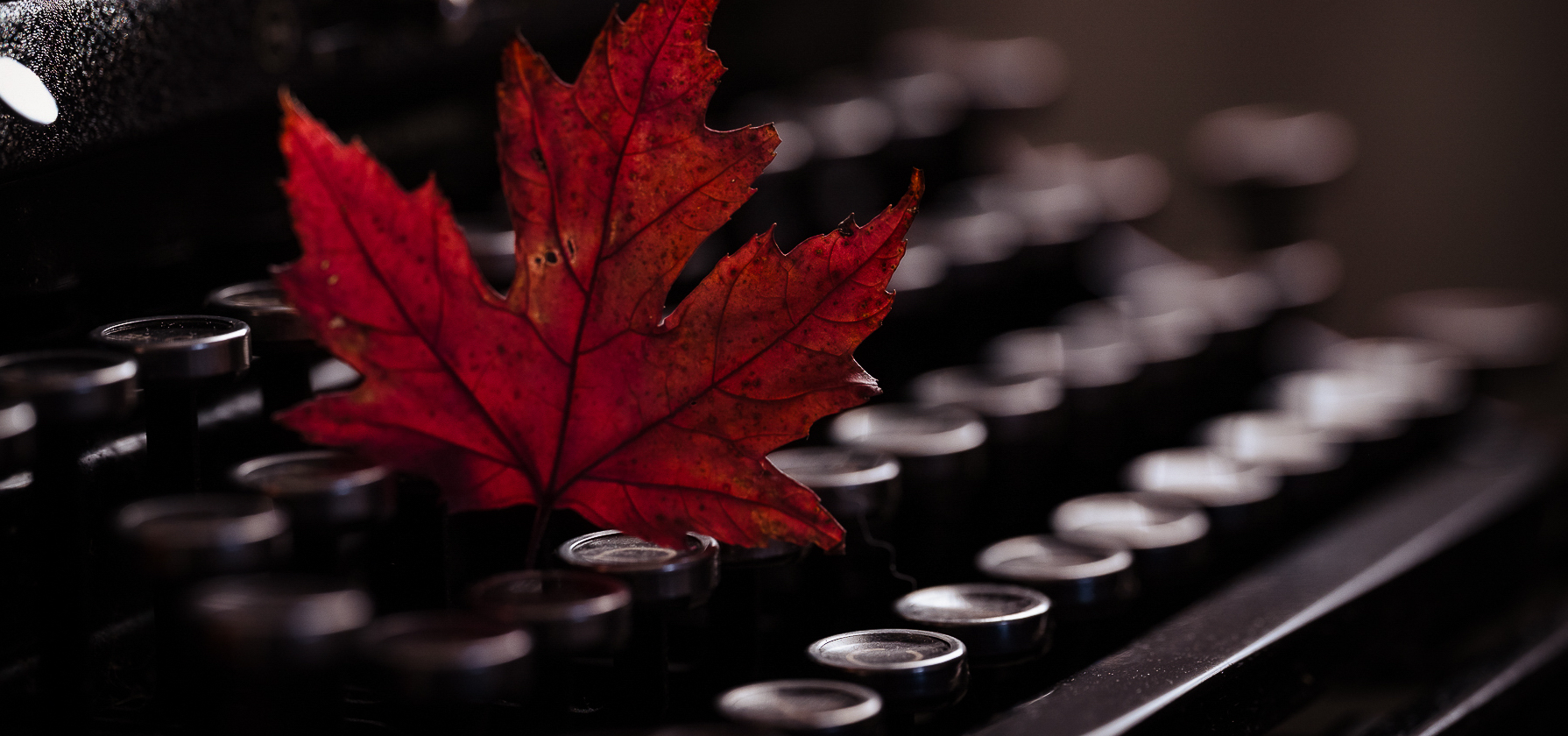“And our peace is put in impossible things …”
— G.K. Chesterton, The House of Christmas
“Why, sometimes I’ve believed as many as six impossible things before breakfast.”
— The White Queen, Through the Looking-Glass and What Alice Found There
Six impossible things. Count them, Alice,” the girl says, her white-blond hair whipping about her face in the wind from the dread monster’s wings. She clutches her sword tightly at her side, then sets off across the chessboard pavement to meet her destiny—and her deadly foe. “One, there are drinks that make you shrink. Two, there are foods that make you grow. Three, animals can talk. Four, cats can disappear. Five, there is a place called Underland. Six …”
![]()
My earliest memory of the word “fidelity” is from when I was about six years old. My mom had bought a big album of cassette tapes with shows from “The Golden Age of Radio”; before each episode of Baby Snooks & Daddy, Burns & Allen, or The Great Gildersleeve, a solemn announcer intoned that “This broadcast was made long before the advent of high fidelity. We hope, however, that any variance in audio quality will not take away your pleasure in listening to this: one of the all-time favorite shows.” The mysterious pops and crackles in the sound and the occasional warping in the middle of a big-band number never did diminish my enjoyment; I listened to those cassettes so frequently that now, more than thirty years later, I could still quote you a surprisingly large portion of Fibber McGee & Molly’s “‘Ol Closet Routine.”
But I’m not sure six-year-old me could have told you what “fidelity” actually meant, especially in a non-radio context. When I was around nine or ten, the tales of King Arthur taught me a bit more about it through the Knights of the Round Table, who swore oaths of fealty to their liege lord. By the time I was a philologically minded teenager, I had learned that the Marine Corps’ motto was Semper Fidelis—“Always faithful”—and in my twenties I mastered singing harmony along with “Adeste Fideles” on one of Bing Crosby’s Christmas albums. “Fidelity” is basically a synonym for “faithfulness” then, right—a more grown-up, Latin way of expressing it? Well, the answer is not “no,” but—as I understand the concept now—it’s ever so much richer than a mere “yes.”
Since the early 1400s, “fidelity” has carried the meanings of “faithfulness” or “devotion,” meanings borne out in that sense of a knight’s fealty (which comes from the same Latin root, “fidelis,” as “faithful” does) to his lord. But, beginning in the 1530s, it gained the nuance of “faithful adherence to truth or reality.”[1]
In the late 1800s, the term “fidelity” was also used to denote the quality of recordings of sound; the “high fidelity” mentioned by the radio announcer of my youth referred to a sound so clear and crisp that it was as if the entertainers or musicians were right in the room with you; it was a sound that was true to life. In other words, it’s the quality of sound recording that now we all enjoy, expect, take for granted, and immediately demand if we receive anything less. In a way, then, it would be accurate to say that fidelity, like love, “rejoices with the truth” (1 Corinthians 13:6 ESV). But in a world where truth is seen as subjective and reality itself is increasingly viewed as arbitrary, irrelevant, or even undesirable, how can we live out this type of “faithful adherence”? What about when we forget the truth, when our hold on reality slips, when sorrow and heartache grind us down and threaten to undo us?
What happens when all we want to do … perhaps what we actually do … is just give up and give in?
![]()
“Six impossible things. Count them, Alice.” In Tim Burton’s 2010 version film version of Alice in Wonderland, Alice Kingsleigh is a nineteen-year-old mourning the death of her father when she falls down a rabbit hole and finds herself in the strange world of Underland—a world which, it seems, she’s visited before. For everyone there already knows exactly who she is, and everyone, friend and foe alike, knows exactly why she’s there: to fight the fell beast known as the Jabberwocky. If only Alice herself could remember, could distinguish between what is real and what is but a dream. After all, she’s only a girl who’s lost her Muchness, not the monster-slaying champion the White Queen proclaims her to be. How could she kill the Jabberwocky?
At one point in the film, Alice complains to the White Queen about how impossible it is that she could liberate Underland from the tyranny of the Red Queen and the Jabberwock. To which the White Queen, ever calm, replies, “Sometimes I believe as many as six impossible things before breakfast.”
Too many times I am like Alice in this version of the story, forgetting not only my true identity and what I was made for, but forgetting also the deeper reality from before the dawn of time, the One who holds all things together. And from forgetfulness, it’s all too easy to slip into apathy, into faithlessness, into believing the voice of doubt that maliciously whispers, “Did God really say He would never leave you nor forsake you?”
“Six impossible things. Count them, Alice.” When she finally finds herself on the battlefield, staring into the jaws of the Jabberwocky, Alice remembers the White Queen’s seemingly absurd statement, and, as she advances toward the beast, begins to list all the things she thought were impossible that have, as it turns out, proved more real than she could have imagined.
“… Six, I can slay the Jabberwocky.”
“For our peace is put in impossible things,” G.K. Chesterton wrote in his poem “The House of Christmas,” later referring to “the things that cannot be and that are.” Here, then, is my own list of six “impossible things,” truths about God’s fidelity to cling to when I’m losing my grasp on reality:
- Christ is the radiance of the glory of God and the exact imprint of His nature, and He upholds the universe by the word of His power. After making purification for sins, He sat down at the right hand of the Majesty on high (Hebrews 1:3);
- In Christ Jesus you who once were far off have been brought near by the blood of Christ. For He Himself is our peace …. (Ephesians 2:13–14b);
- He who began a good work in you will bring it to completion at the day of Jesus Christ (Philippians 1:6);
- He is able to keep you from stumbling, and to present you blameless before the presence of His glory with great joy (Jude 24);
- If we are faithless, He remains faithful, for He cannot deny Himself (2 Timothy 2:13); and
- Nothing will be impossible with God. (Luke 1:37).
No matter how faithful or devoted I want to be, determine to be, the reality is that my attempts at fidelity will always fall short; it is God’s own fidelity to me that enables my fidelity to Him. As one of my pastors frequently puts it, “God gives what He requires.” Impossible, according to everything we as humans are led to believe is possible.
And yet true, beyond our wildest dreams.
![]()
[1] Read more at Etymonline’s discussion of “fidelity.”
The featured image, “Maple Leaf in Keys,” is courtesy of Julie Jablonski and is used with her kind permission for Cultivating.
Amelia M. Freidline lives in the Kansas City suburbs with her parents and a wee terrier named for the tallest mountain in Scotland. She studied journalism at the University of Kansas and has worked as a copy editor in food media throughout her professional career; she has also edited poetry collections for Bandersnatch Books and is an occasional contributor to The Rabbit Room’s poetry Substack. On her own Substack, Dispatches to Jack, she writes about classic literature, classic films, and the other various interests of a nostalgia-riddled anachronist. She’s also a poet, a gardener, a photographer, and a wielder of butter. Amelia has been called a G.K. Chesterton fangirl and the queen of non sequiturs, and if she were a cookie she’d undoubtedly be shortbread. She loves Jesus because He loved her first.


Add a comment
0 Comments